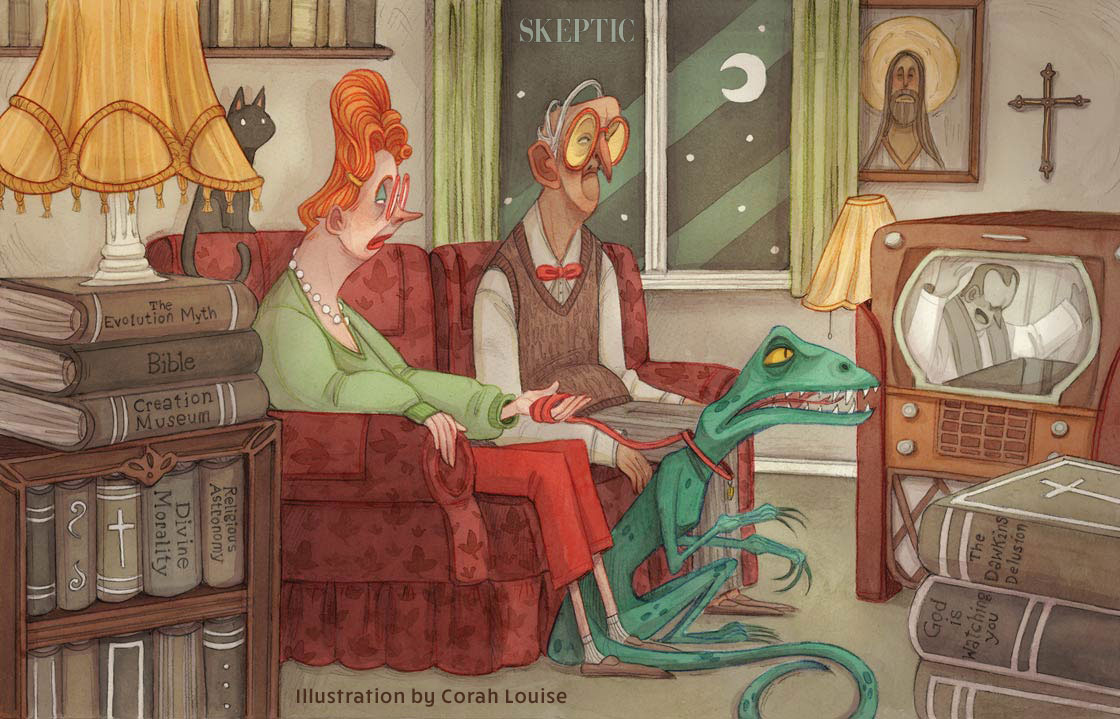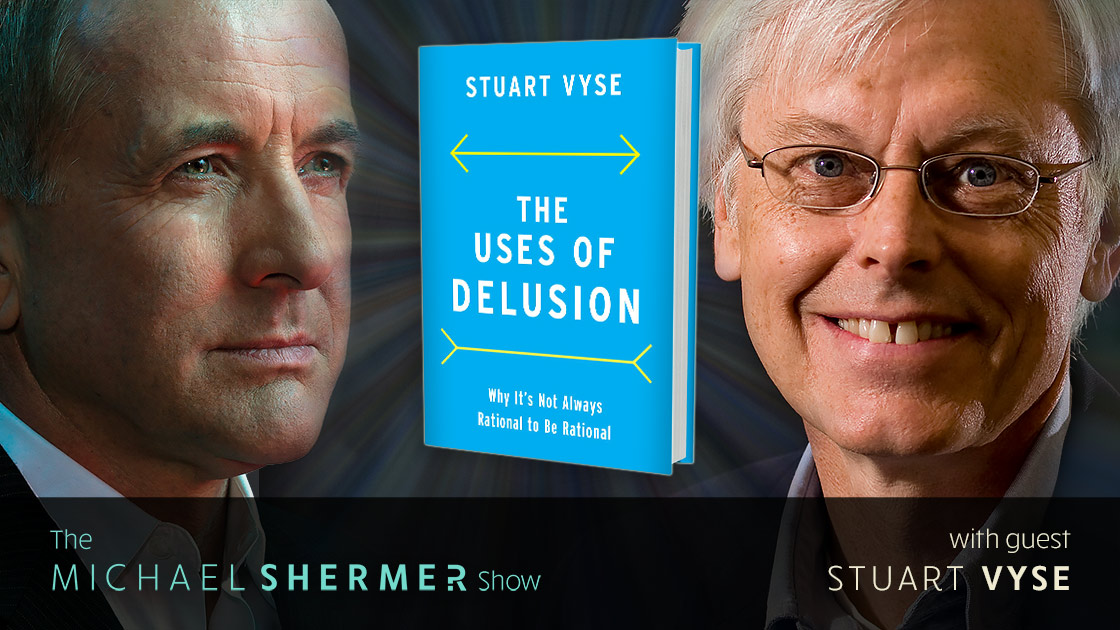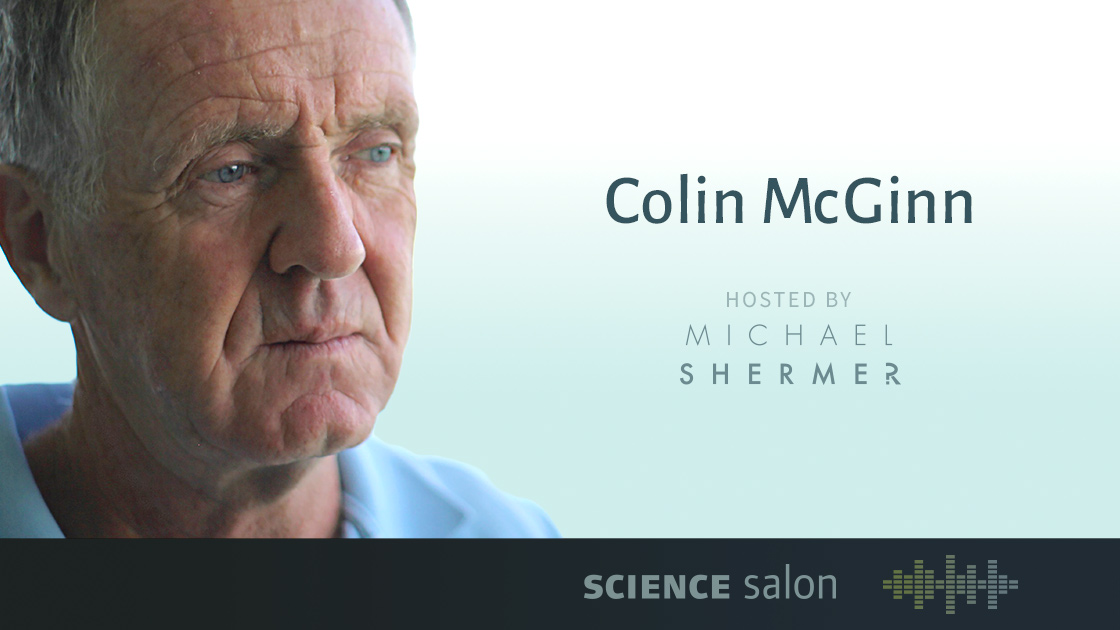paradoxes

Science and religion present two paradoxes in the United States. On the one hand, the U.S. is the undisputed world leader in science. Yet, the U.S. is also the wealthy industrialized country with the most widespread skepticism about science, most notably regarding climate change, vaccines, and evolution. How can those two seemingly incompatible facts be reconciled? This article solves this paradox.

Michael Shermer speaks with psychologist and behavioral scientist, Stuart Vyse, about aspects of human nature that are not altogether rational but, nonetheless, help us achieve our social and personal goals. In his book, and in this conversation, Vyse presents an accessible exploration of the psychological concepts behind useful delusions, fleshing out how delusional thinking may play a role in love and relationships, illness and loss, and personality and behavior.
In their second Science Salon conversation Michael Shermer and Colin McGinn discuss paradoxes and puzzles of philosophy, pseudo-questions, realism v. antirealism, how to deal with unknown unknowns, immortality and the nature of the self and soul.

In their second Science Salon conversation Michael Shermer and Colin McGinn discuss paradoxes and puzzles of philosophy, pseudo-questions, realism v. antirealism, how to deal with unknown unknowns, immortality and the nature of the self and soul.

Chris Edwards reviews “Time Travel: A History,” by James Gleick, examining some of time travel’s logical paradoxes and violations of known laws of physics.
Chris Edwards reviews “Time Travel: A History,” by James Gleick, examining some of time travel’s logical paradoxes and violations of known laws of physics.
In this week’s eSkeptic, we reprint an essay in which Michael Shermer conjectures about the many paradoxes that arise from theories of time travel. Shermer reviews some of the problems which scientists have determined will relegate time travel to the realm of science fiction.












